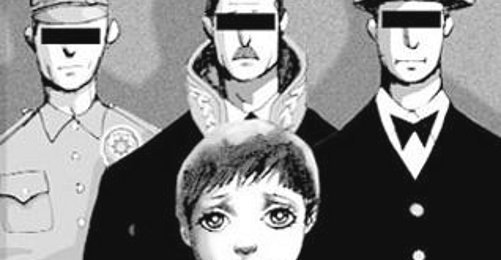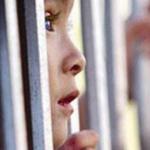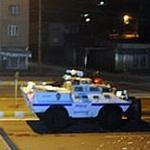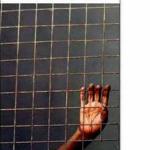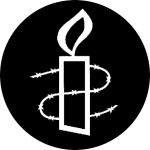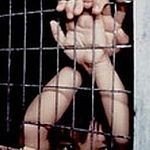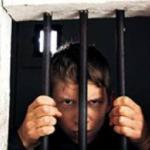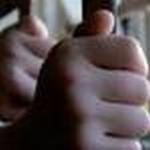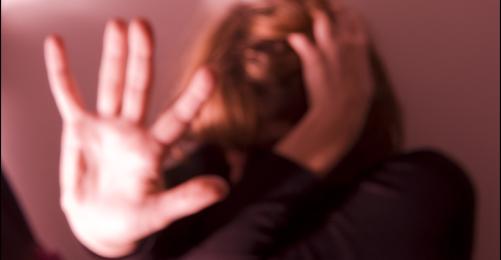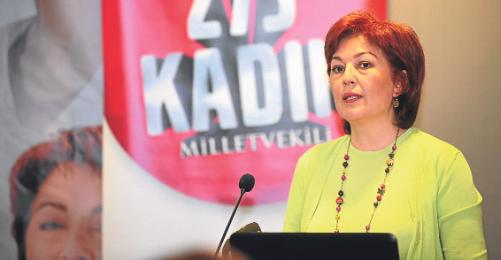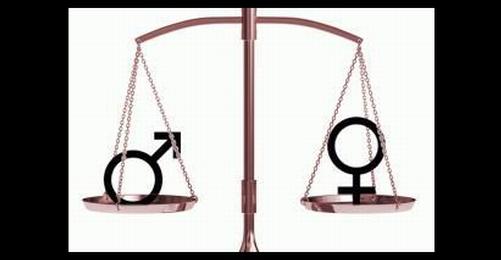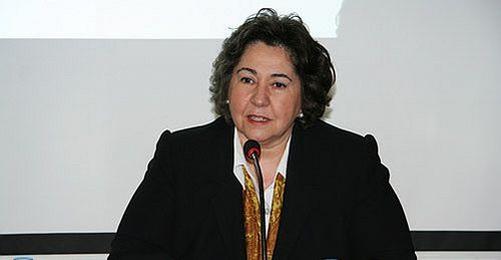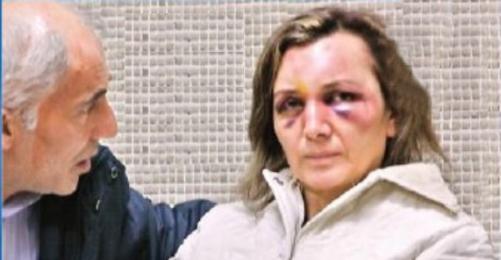The new legal regulation enables children, tried under the Anti-Terrorism Law (TMK) to stand trial by children's courts, and be released by providing a reduction to their penalties. However, with the regulation going into effect, a new process has begun for the released children and their families.
Many of the children suffer physical and psychological problems and have difficulty adopting to their environments. They have difficulty adopting to school. Both the children and the families need support.
A.A. is from Diyarbakir. His son was released 11 months ago after staying in prison for 10 months. He was 15 when he was sentenced to seven years in prison. A.A. is one of those people, who are experiencing problems. His son's file now is with the High Court of Appeals.
A.A. tells bianet that the legal regulation has given hope to families, whose children are on trial or under arrest. He adds however, that this does not do away with problems:
"According to the law, the child is directly penalised if he is caught committing a crime he has previously stood trial for. However, these children live in regions of intensive clashes. This generates a huge fear both for the families and the children."
Children are worried about being arrested again, families are worried about the future
"When my son was in prison, he had chronic stomach ulcer due to stress; his eye veins were blocked. He had an operation. He had psychological support and treatment for six months. He still has fears," says Akkaya. He summarises the post-imprisonment process as follows:
"After children get out of prison, they have frequent visitors for a while. They are treated like heroes. After 15-20 days, the problems begin. They cannot adopt to their former environments, they feel lonely. During that period, they have difficulty sleeping, have nightmares, depression and breathing difficulties. They fear being detained, arrested again."
A.A. also meets up with the families of other released children. He says that one of such children, F.G. has a broken nose because he was beaten up by a police officer. He adds however, that the doctor, who was supposed to operate on his nose, postponed the operation on grounds that the child needs psychological treatment first.
Akkaya also draws attention to the families' condition. He reminds bianet of the fact that these children are mentioned in the media quite often and that their names are known. "They will be confronted with this incident throughout their lives. What will our children face in the future, what kind of an education will they get, how will they study at university?"
Education is one of the biggest problems of children, who get out of prison. They cannot go to school while in prison, and they have adaptation problems when they come back. They don't want to go to school as the negative attitude of their teachers combines with the pressure of lagging behind in their classes.
"Now the courts victimise them "
Akkaya's last words are about the children, who are still under arrest. "Tens of children are still under arrest because the courts have different ways of interpreting the law. These children belong in school, not in prisons. They should question why these children were throwing stones, rather than penalising them for doing so." (BB)





